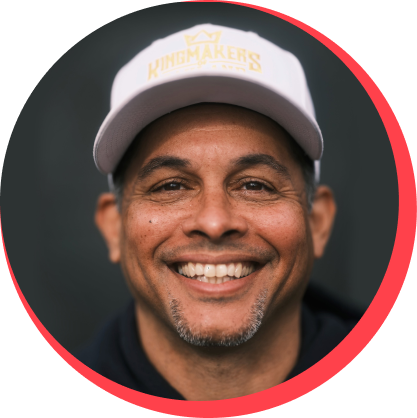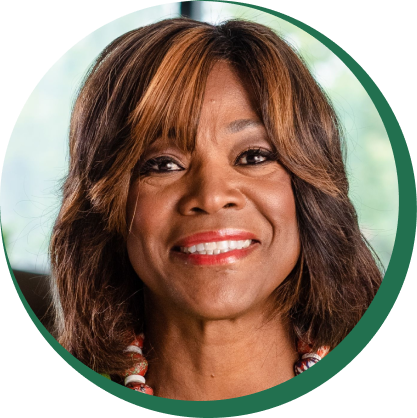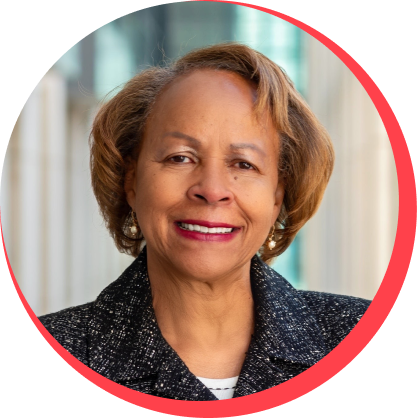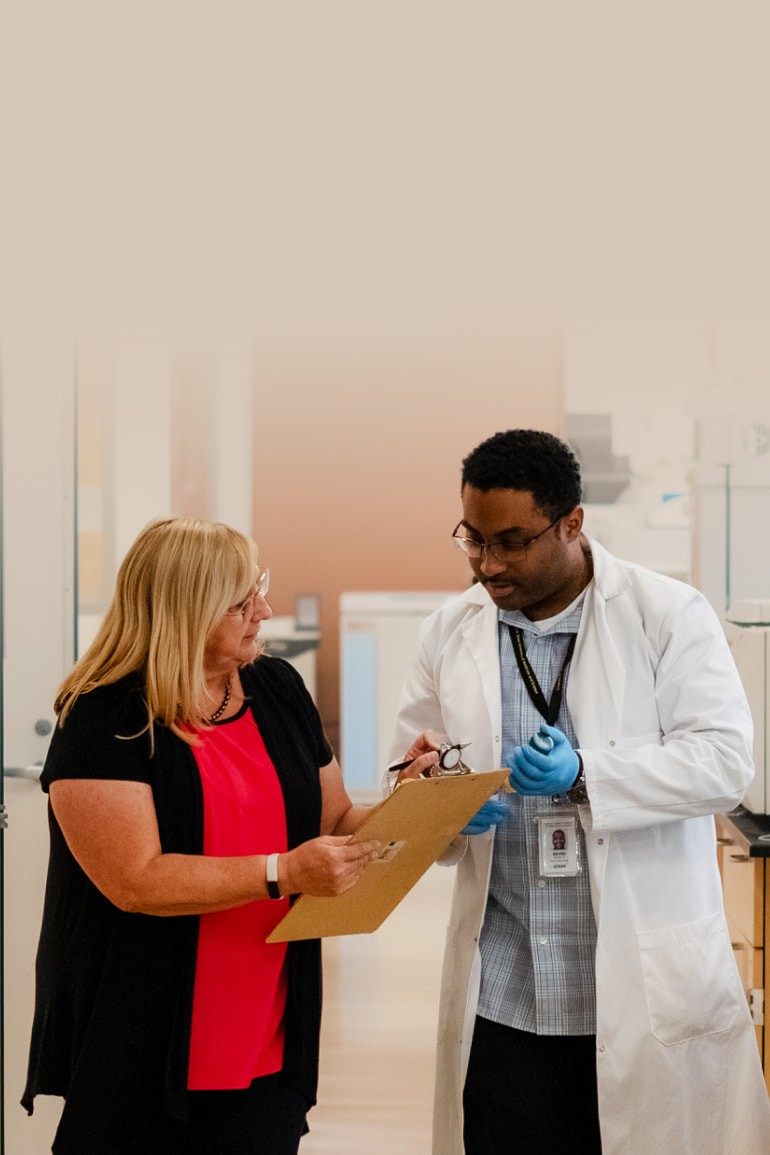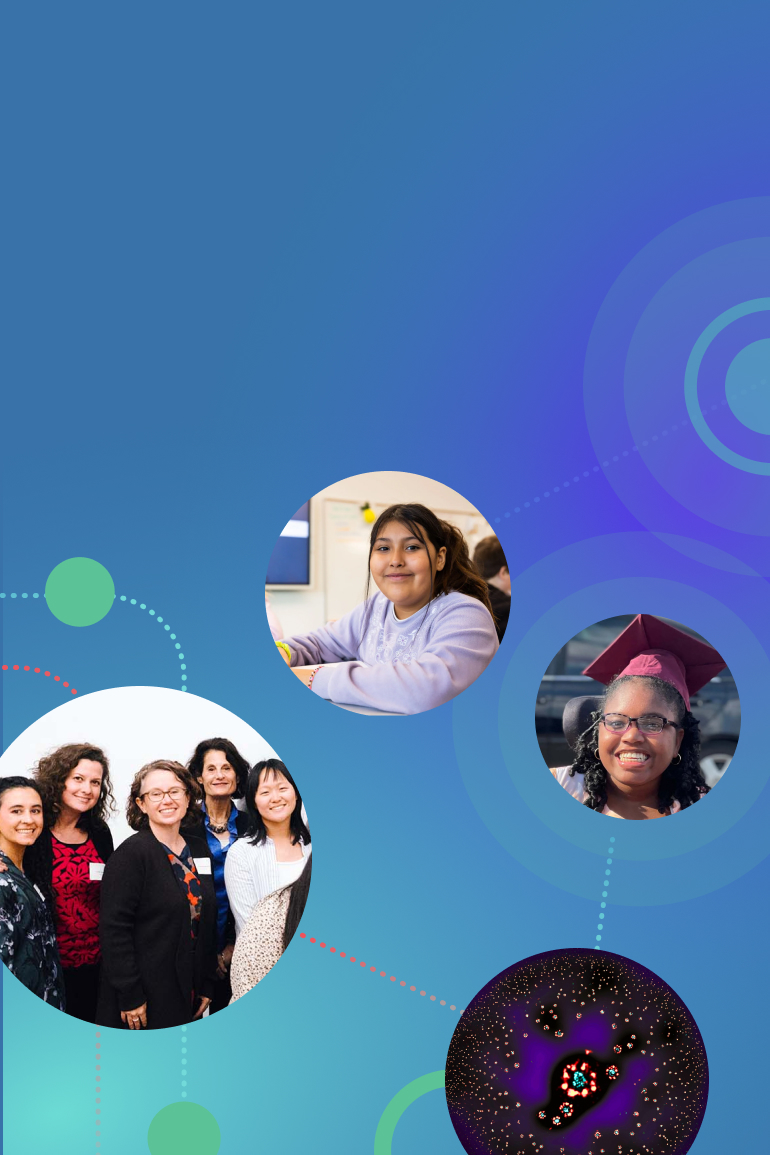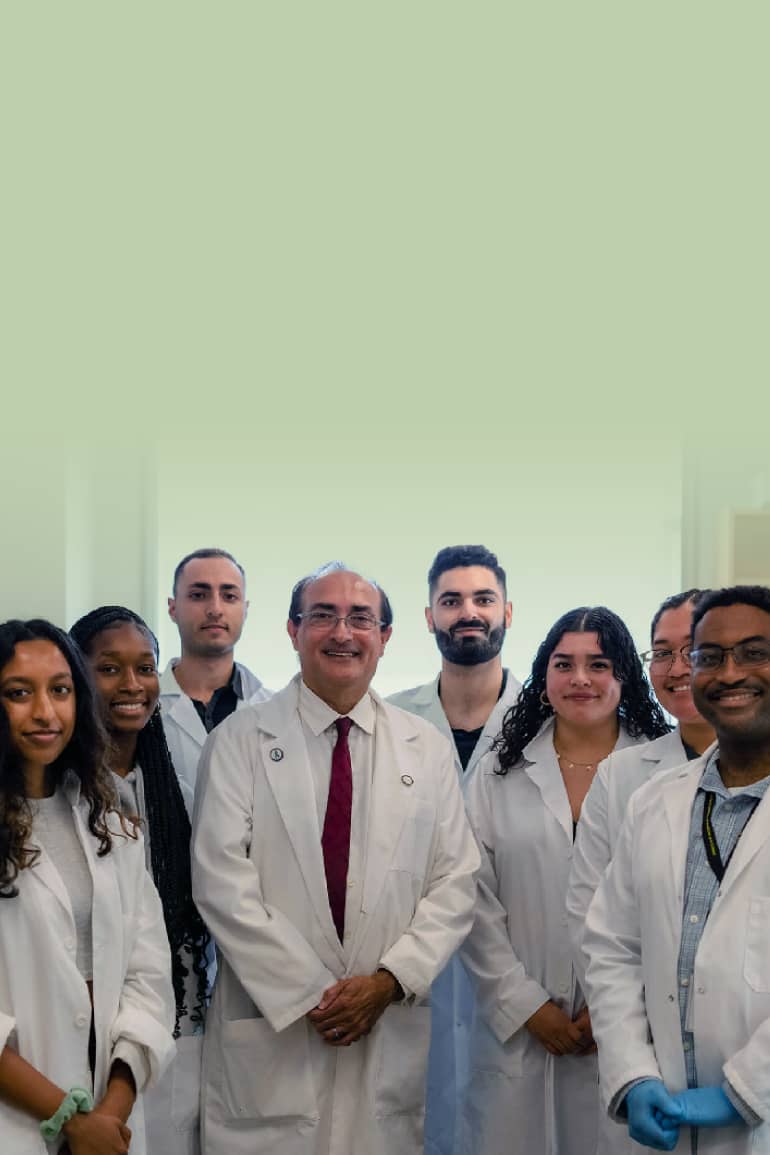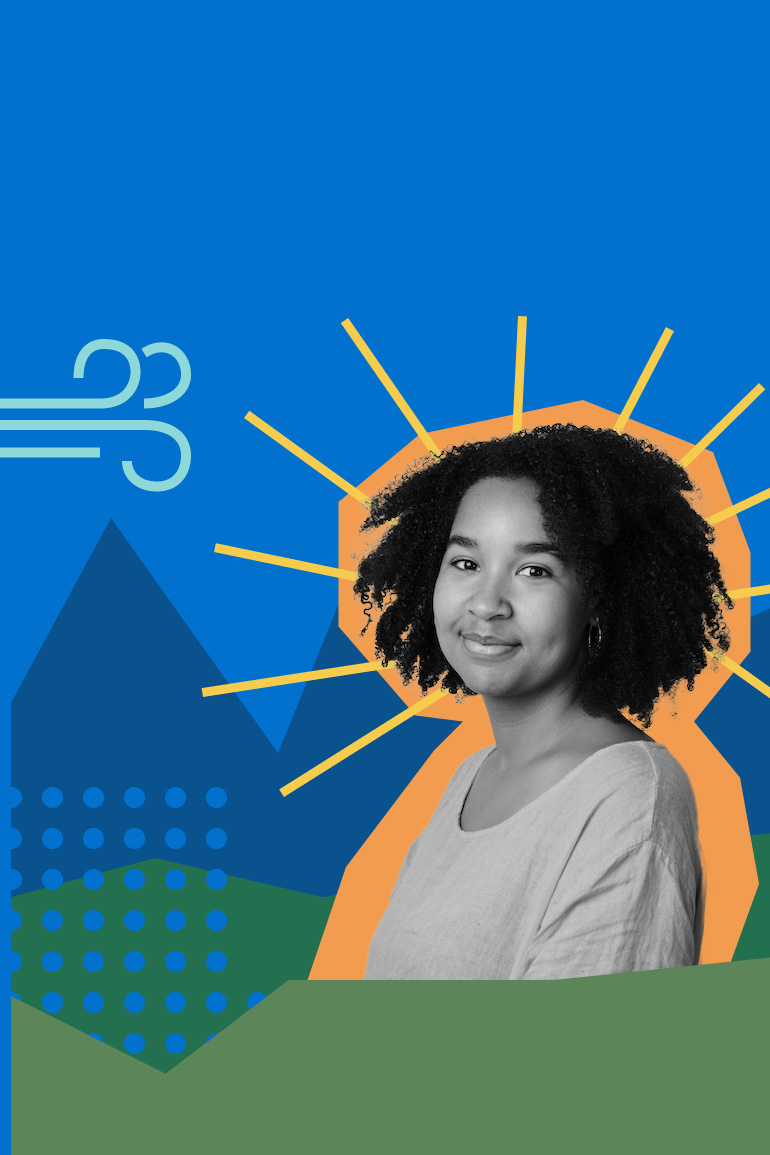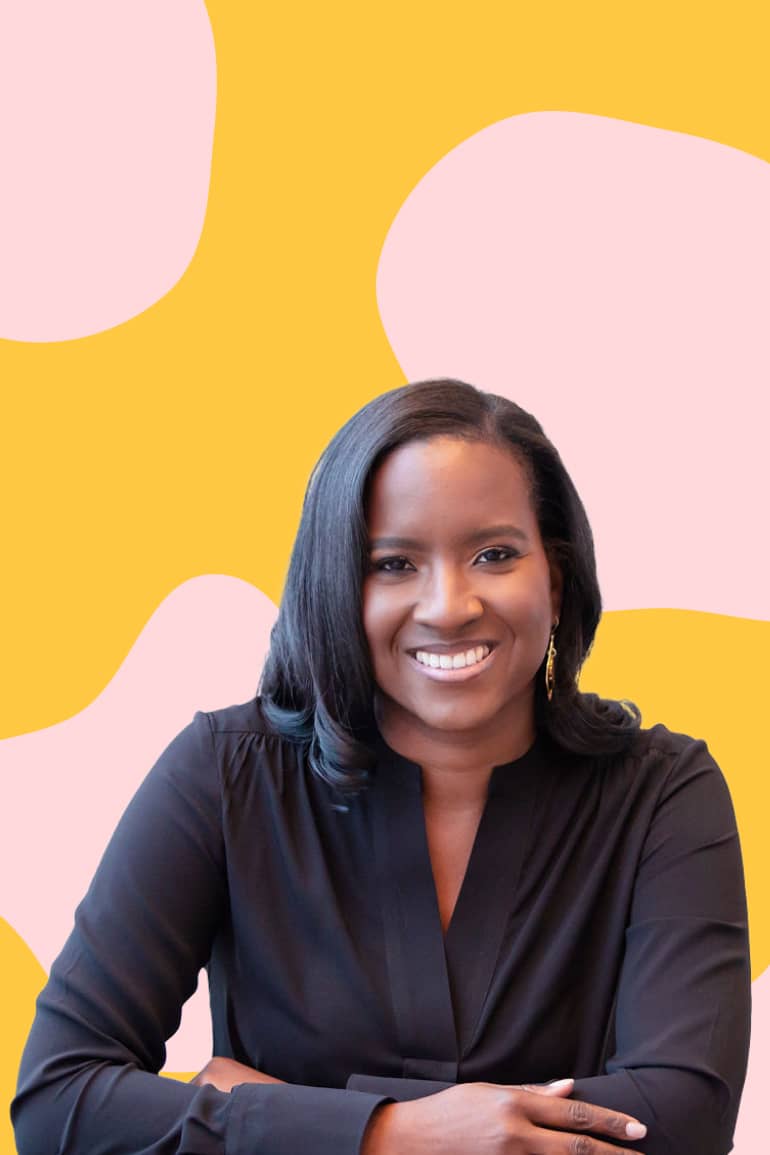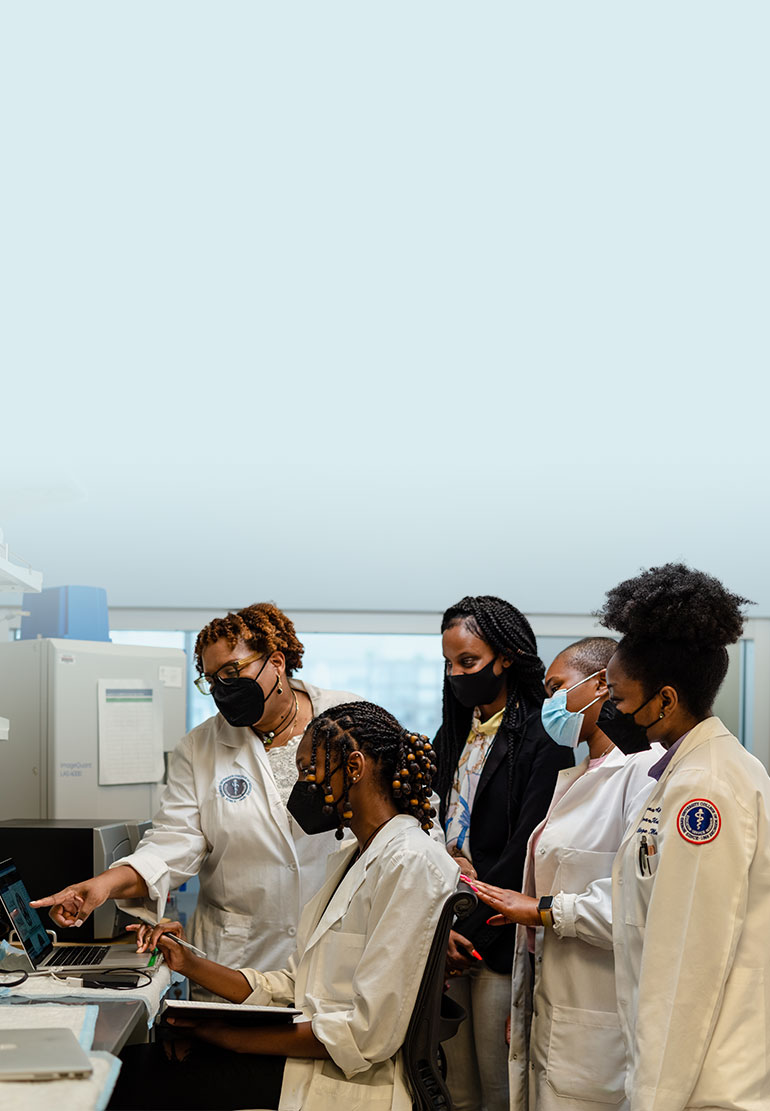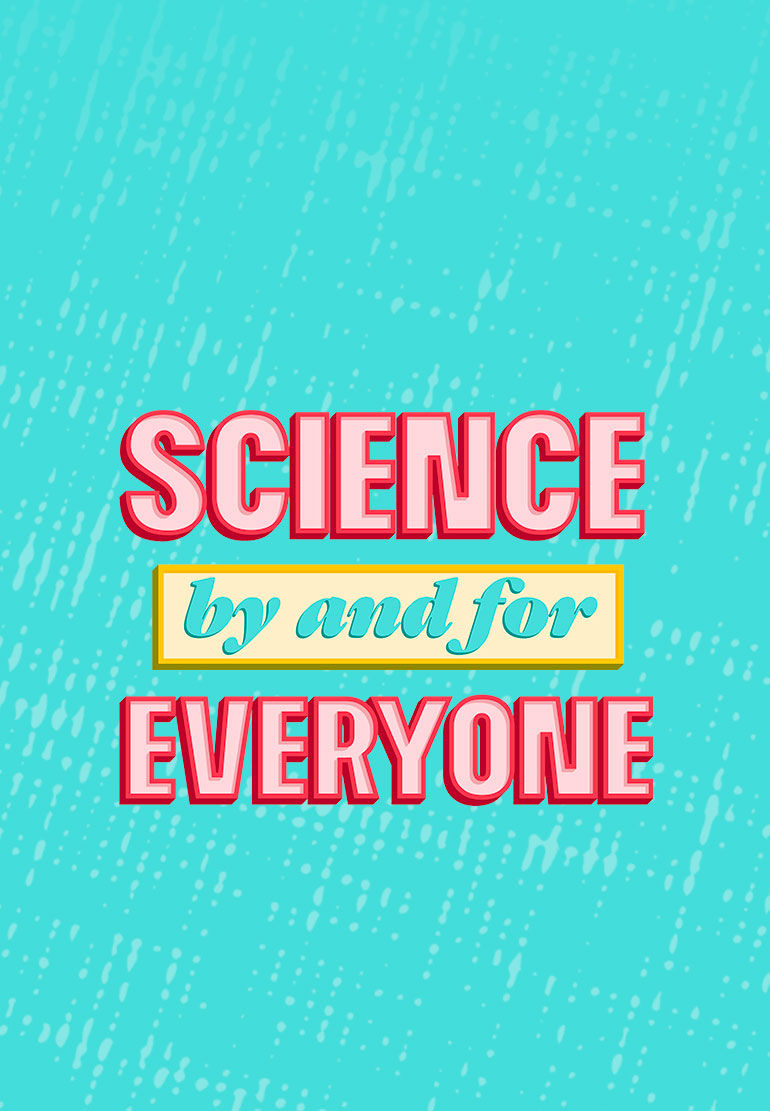Investing in Racial Equity, Diversity & Inclusion
Racial equity cannot be a siloed goal. As we work to build a better future for everyone, CZI is committed to centering racial equity throughout our work to eradicate disease, unlock student potential, and address the needs of our local communities. Learn more about our work to support diversity, equity and inclusion in science, education and our local communities. For more information about our racial equity grant partners across our work, view our grants database.
Racial Equity Grantmaking Criteria
Our commitment includes directing funds to support organizations who are building just and sustainable systems to accelerate racial equity, diversity and inclusion while driving progress across our work at CZI. Read our FAQs for more information.
Cultivate Leadership
Cultivate the leadership of people of color
Change Systems
Change systems, policy and institutions that historically negatively impact communities of color
Address Inequities
Address the current material conditions of people of color to mitigate racial inequities and outcomes disparities
Build Power
Build the cultural, economic, and/or political power of individuals and communities of color
News & Stories
Explore newsroom and blog posts featuring the incredible people and organizations we partner with on our mission to advance racial equity across our work.





